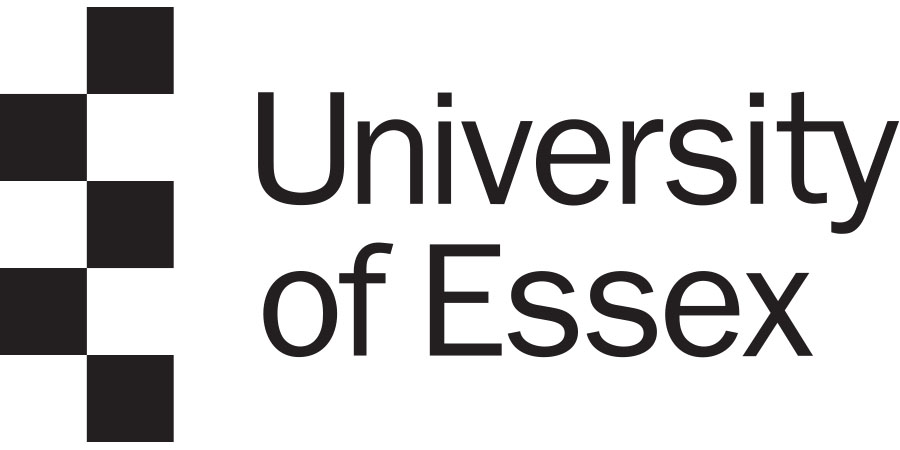PhD Studentship - Enhancing Connectivity and Natural Capital in Seascape-Scale Coastal Restoration
University of Essex
| Qualification Type: | PhD |
|---|---|
| Location: | Essex |
| Funding for: | UK Students, EU Students, International Students |
| Funding amount: | Full Award – (Stipend + Fees) |
| Hours: | Full Time |
| Placed On: | 3rd November 2025 |
|---|---|
| Closes: | 7th January 2026 |
Qualification type: PhD
Location: Essex
Funding for: UK Students, EU Students, International Students
Funding amount: All UKRI-funded PhD students (UK, EU, International) will be eligible for the full award – both the stipend to support living costs, and fees at research organisations UK rate. UKRI funding will not cover international fees set by universities, but all ARIES partners have agreed to fund the top-up from UK to international fees. ARIES funding will not cover costs associated with visa or health surcharges, or additional costs associated with entry to, and living in the UK.
Hours: Full Time
Closes: 7 January 2026, 23:59 GMT
Application link: https://www.essex.ac.uk/postgraduate/research/doctoral-training-partnerships/aries
ARIES (Advanced Research and Innovation in the Environmental Sciences) is a Doctoral Landscape Award with the mission “to train postgraduate research students with excellent potential from across society, equipping them with the necessary skills to become 21st Century Scientists: leaders in the science and sustainable business of the natural environment.
Scientific background
The restoration and recovery of coastal seas is a United Nations priority to address the global biodiversity crisis. Coastal seas consist of seascapes of connected habitats and seascape-scale restoration can improve ecological status and increase ‘natural capital’, the value contributed by healthy ecosystems to human society. Much previous restoration has been focussed on individual habitats, but seascape scale restoration needs consideration of inter-habitat connectivity, cross-habitat functioning and the roles of key species. This is a new field of research for coastal seascapes in NW Europe, with the current lack of knowledge a bar to effective restoration.
Research methodology
This project will determine the optimal design of seascapes to maximise structural and functional connectivity and natural capital across seascapes as part of the Transforming the Thames (TtT) restoration programme. The candidate will investigate which connectivity metrics and datasets are optimal to evidence and support seascape restoration. Using available data, geographical information system techniques (GIS), and new field data outcomes from ongoing restoration trials, this research will directly support restoration planning across the Greater Thames estuary. There will be opportunities to compare results against ongoing and successful seascape restoration approaches elsewhere in the world, creating a global context to their research.
Training
The candidate will be trained in data handling, GIS, and natural capital valuations (applying economic valuation to ecological processes, with training at PML) and with fieldwork (saltmarsh, mudflats, oysters, seagrass) to obtain new data from current restoration trials. The successful candidate will gain experience in group working, including with Government and non-government organisations within the interdisciplinary TtT project, including project governance, policy implications and research ethics.
Person specification
This project will suit an individual enthusiastic about marine conservation and restoration, and how this can be implemented, and who has the aptitude and willingness to learn data handling and GIS approaches. Prior data analysis skills are desirable but not essential. Previous experience of ecology, environmental science, geography or natural history will provide a strong foundation to this work. The Ph.D. will include desk-based analysis, laboratory analyses and fieldwork, and working with partner organisations.
Acceptable first degree subjects: Biological Sciences, Marine Biology, Ecology, Environmental Science.
To apply, please click on the ‘Apply’ button above.
Advert information
Type / Role:
Subject Area(s):
Location(s):









